42 difference between virus and antivirus
Endpoint protection vs antivirus: What's the difference? Antivirus software is used on consumer PCs and in simpler business setups, and it tends to use existing threat databases to deal with issues as they appear. And while they do often have extra... Virus vs Antivirus - What's the difference? | WikiDiff As nouns the difference between virus and antivirus is that virus is (archaic) venom, as produced by a poisonous animal etc while antivirus is (computing) a piece of software that is used to detect, delete and or neutralize computer-based viruses. Other Comparisons: What's the difference? Antivirus vs Firewall Virus vs Antivirussoftware vs Ntivirus
What Is The Difference Between Antivirus And Antimalware Computer viruses seem to be more frequent now than ever. Hence, every user must protect their computer with an Antivirus tool to avoid cyber attacks. Antivirus software was first introduced in the 1990s for home users and businesses as the first line of defense against viruses infiltrating computers and entire computer networks.

Difference between virus and antivirus
Difference Between Antivirus and Antimalware + Do I Need Both? Virus vs. Malware A computer virus spreads from user to user by replicating itself through programming a file. Antivirus works to identify known threats using signature-based detection. This type of detection matches file signatures to a database of known malware. Malware vs. Viruses: What's the Difference | Avast Exactly what the virus does depends on its level of sophistication. Simple malicious code damages your hard disk or deletes files. A more complex virus might hide on your computer and engage in unwanted activity such as spewing out spam. Highly advanced viruses, called polymorphic viruses, modify their own code to evade detection. Antivirus vs Firewall: What's the Difference? | VPNOverview The name "antivirus" sometimes refers to a more old-fashioned type of program that mainly tackles more traditional forms of malware on your computer or network, such as viruses, trojans and computer worms. Antimalware programs, on the other hand, are capable of dealing with many different types of malware, including adware and spyware.
Difference between virus and antivirus. What's the difference between an antivirus and anti-malware? A virus is an older type of malware, which was mainly used way back when and is why you're hard-pressed to find a security company that hasn't evolved over recent periods to offer protection... Differences Between Antivirus and Firewall | Antivirus vs Firewall - BYJUS Why is antivirus important? Antivirus detects or recognizes the virus, and then after detecting the presence of the virus, it works on removing it from the computer system. Antivirus software works as a prophylactic so that it not only eliminates a virus but also prevents any potential virus from infecting your computer in the future. The difference between Antivirus vs Anti Malware? If it spots a match, it will isolate the code and prevent it from running. Free antivirus software only offers the minimum layer of protection against classic viruses, while premium versions will protect against more advanced threats and even feature malware removal tools. Antimalware software works to detect new iterations of infections. Difference between Firewall and Antivirus - GeeksforGeeks Antivirus is an application or software which provides security from the malicious software coming from the internet. An antivirus chases the method in which it performs 3 actions which are: Detection Identification Removal Antivirus deals with both external threats and internal threats. It is implemented only software not in hardware also.
What is Difference Between Virus and Antivirus? A virus is a malicious code that is loaded on to your device with an intent to cause damage and steal information. Computer viruses replicate multiple self-copies and occupy all the available memory and result in system damage. Some viruses can replicate and pass on its copies across various networks and bypass security systems as well. Viruses vs. Ransomware: Types of Malware Explained - Cisco Viruses vs. Ransomware: What Is the Difference? Malware, a contraction for "malicious software," is intrusive software that is designed to cause damage to data and computer systems or to gain unauthorized access to a network. Viruses and ransomware are both types of malware. Other forms of malware include Trojans, spyware, adware, rootkits ... Difference between Antivirus and Internet Security - tutorialspoint.com An antivirus is a program that scans a computer for viruses, worms, and other malware and identifies, stops, and eliminates them. Internet Security, on the other hand, is a broad term that encompasses a wide range of issues that protect users from online threats. Kiran Kumar Panigrahi 0 Followers Follow Updated on 27-Jul-2022 10:17:32 0 Views 0 Difference between Antivirus and Antispyware - GeeksforGeeks 1. Antivirus: Antivirus is application software that is designed and developed to protect our computers from malware, viruses, computer worms, spyware, rootkits, keyloggers, etc. Antivirus software functions to scan, detect, and also to remove software viruses from our computers.
Antivirus and Malware Protection | Download Free Antivirus Software What's the difference between antivirus and anti-malware? ... Notably, computer worms also self-replicate, but the difference between a virus and a worm is that viruses rely on human action for activation and need a host system to replicate. History of computer viruses. Computer viruses have been around for decades. In theory, the origin of ... The Difference Between Antivirus and Anti-Malware (and Which to Use) Viruses are a specific type of malware (designed to replicate and spread), while malware is a broad term used to describe all sorts of unwanted or malicious code. Malware can include viruses ... Difference between Virus and Malware - GeeksforGeeks Malicious Software. 2. Description. A Virus is a malicious executable code attached to another executable file which can be harmless or can modify or delete data. Malware is a program designed to gain access to computer systems, normally for the benefit of some third party, without the user's permission. 3. Types. EDR vs. Antivirus - What's the Difference? | ADNET Technologies Antivirus: 1. Antivirus is signature based, so it only recognizes threats that are known. 2. AV can include scheduled or regular scanning of protected devices to detect known threats 3. Assists in removal of more basic viruses (worms, trojans, malware, adware, spyware, etc.) 4. Warnings about possibly malicious sites
Difference Between Virus and Antivirus • Virus and antivirus the most common thing about the two is the word virus. • Virus is a computer program that has the ability of copying itself and infecting your computer. • Antivirus is a computer software used in preventing, detecting and removing malware, like computer viruses, worms, spyware, Trojan horses, adware and spyware.
Viruses, Malware, or Spyware: What's More Dangerous? | PCMag A virus runs when the user launches an infected program or boots from an infected disk or USB drive. Viruses keep a low profile because they need to spread widely without being detected. Most...
Antivirus vs Windows defender: Which one should you use - Appuals To identify and block threats, the antivirus has to summon resources from different parts of your computer. Some malware types have been known to exploit this communication between the antivirus and your system to infiltrate further into your computer.
What Is the Difference Between Malware and a Virus? | Trellix Worms. A worm is a standalone program that can self-replicate and spread over a network. Unlike a virus, a worm spreads by exploiting a vulnerability in the infected system or through email as an attachment masquerading as a legitimate file. A graduate student created the first worm (the Morris worm) in 1988 as an intellectual exercise.
Is It Better to Quarantine or Delete a Virus? - Lifewire The best rule of thumb is to proceed along the continuum from the safe option to the safest. Start by cleaning the virus. If the antivirus scanner reports that it cannot clean it, choose to quarantine it so that you have time to examine what it is and decide if you want to delete it. Delete the virus only: 1) if the AV scanner specifically ...
Difference between Antivirus and Antimalware - GeeksforGeeks 1. Antivirus : Antivirus is a type of software program that helps in protecting the computer system from viruses. It detects the viruses in the computer system and destroys them. It protects the computer system from specific malware. It is used for protection from some traditional and simple threats that can harm the computer system.
VPN vs. Antivirus: Do You Need Both? What's the Difference? A good antivirus program protects your device from malware injections like viruses, Trojans, ransomware, and computer worms. VPNs effectively protect your data from prying eyes. Antivirus software, on the other hand, protects your file system from getting infected with viruses or harmful scripts that you might have downloaded off the web.
Difference Between a Virus and an Anti-virus | Techwalla The most common computer threat is the virus. Computer viruses can be eliminated by an anti-virus program. Virus The virus is a computer program that is able to spread in your file system and corrupt your operating system. It can also spread if the infected computer is connected to a network and infect other computers on that network.
What is the difference between an anti-virus and an IPS? Antivirus, on the other hand, looks at software that wants to run on your device and compares that against a list of known bad executables and, along with heuristics, against a list of known bad behaviors. So AV would stop CryptoLocker by blocking the encryption behavior, and IPS would (theoretically) block it by blocking traffic to its C&C server.
Antivirus vs Internet Security: What's the difference? Best answer: Both antivirus and internet security programs protect your computer from malware, especially files attempting to download from online, but differ in terms of features. Internet...
Antivirus vs Firewall: What's the Difference? | VPNOverview The name "antivirus" sometimes refers to a more old-fashioned type of program that mainly tackles more traditional forms of malware on your computer or network, such as viruses, trojans and computer worms. Antimalware programs, on the other hand, are capable of dealing with many different types of malware, including adware and spyware.
Malware vs. Viruses: What's the Difference | Avast Exactly what the virus does depends on its level of sophistication. Simple malicious code damages your hard disk or deletes files. A more complex virus might hide on your computer and engage in unwanted activity such as spewing out spam. Highly advanced viruses, called polymorphic viruses, modify their own code to evade detection.
Difference Between Antivirus and Antimalware + Do I Need Both? Virus vs. Malware A computer virus spreads from user to user by replicating itself through programming a file. Antivirus works to identify known threats using signature-based detection. This type of detection matches file signatures to a database of known malware.






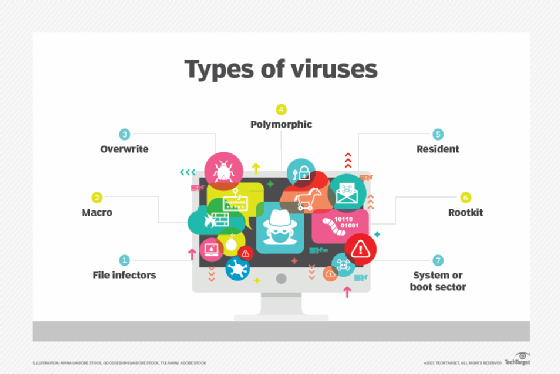
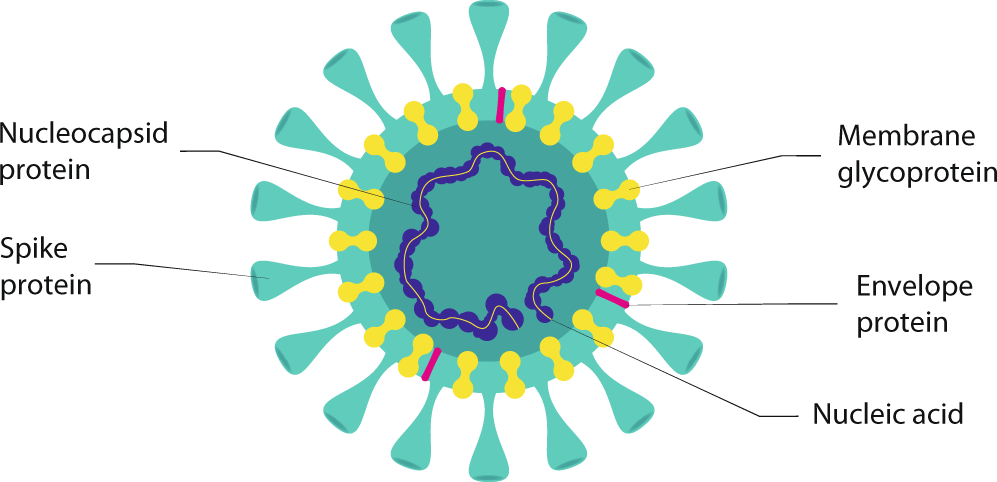
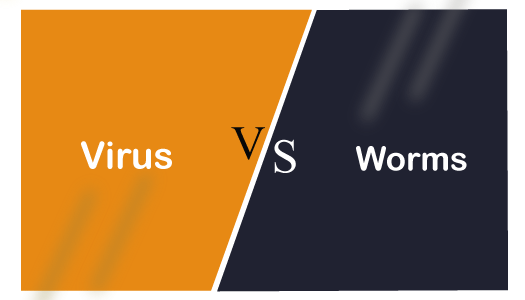
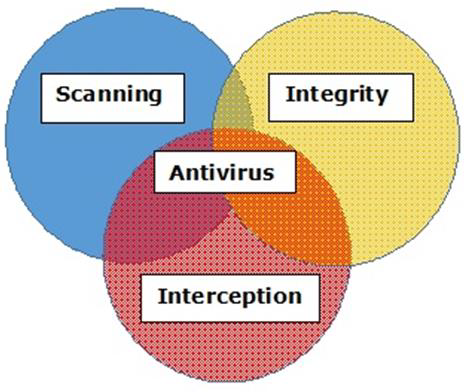
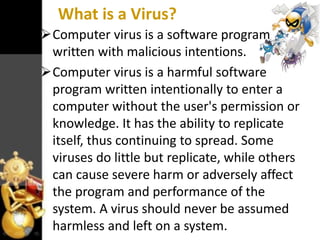
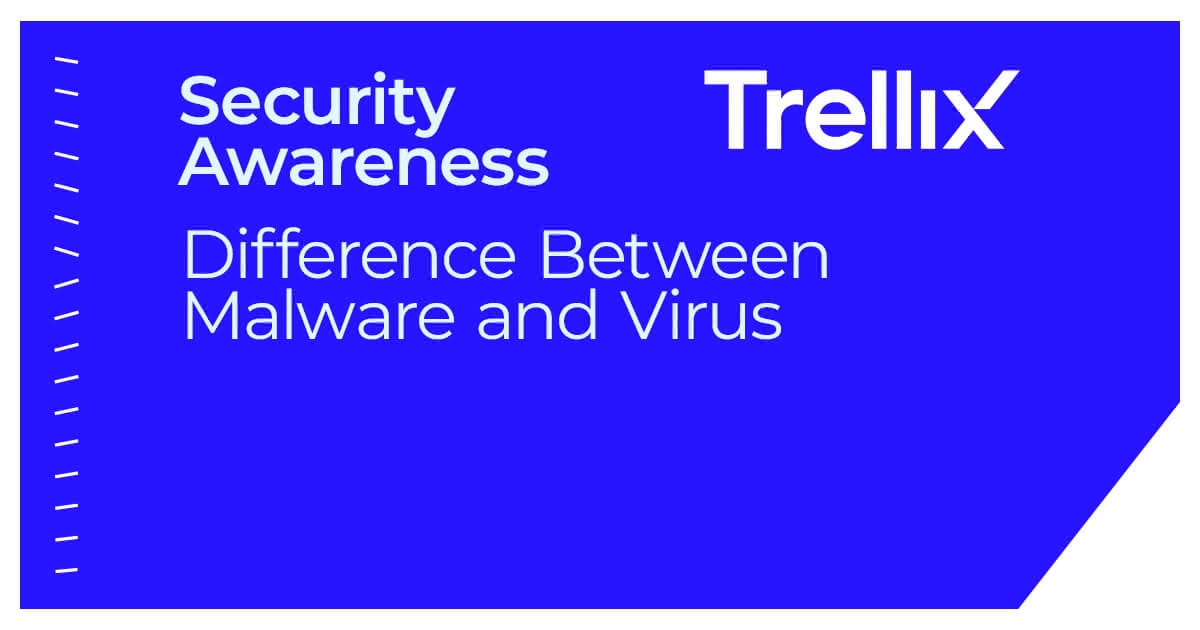



![10 Best Antivirus Software [2023]: Windows, Android, iOS & Mac](https://static.safetydetectives.com/wp-content/uploads/2020/06/10-Best-Antivirus-in-2020-Windows-Android-iOS-Mac.jpg)


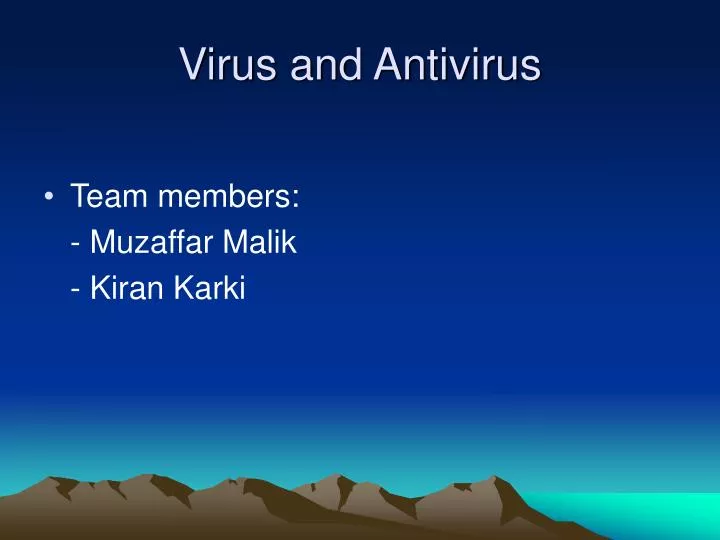





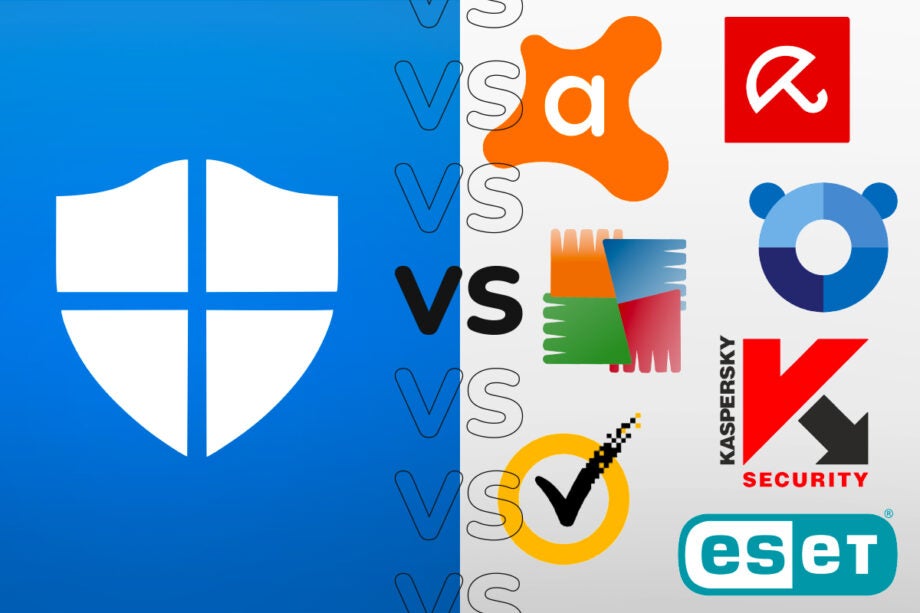
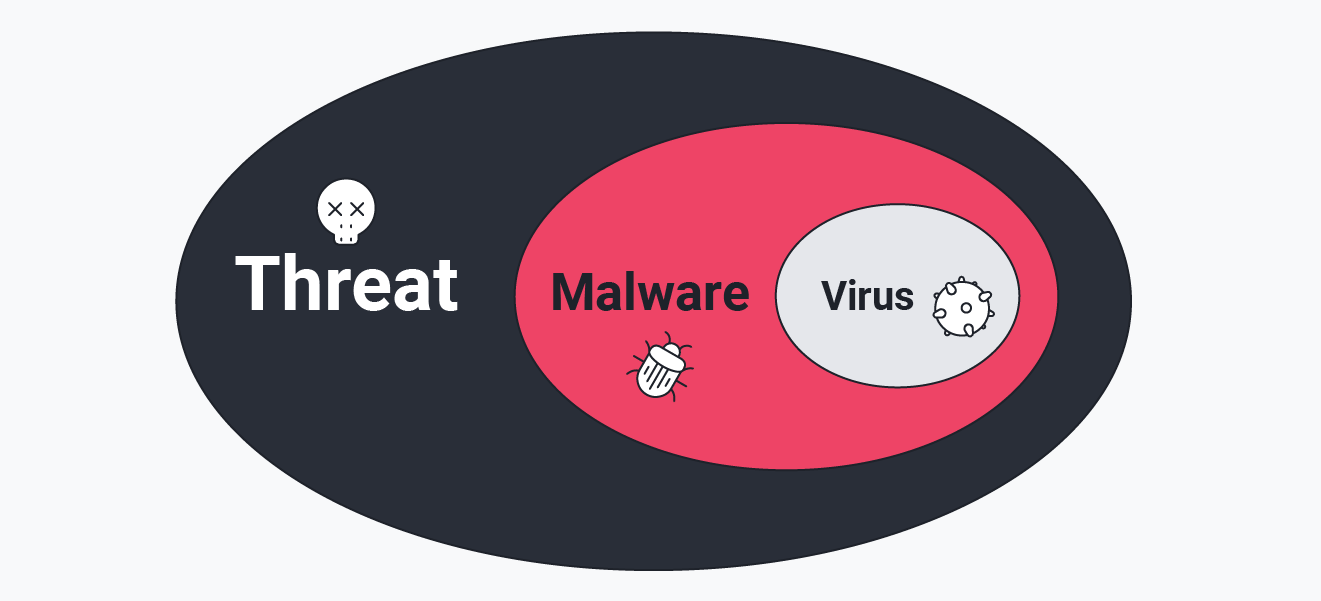


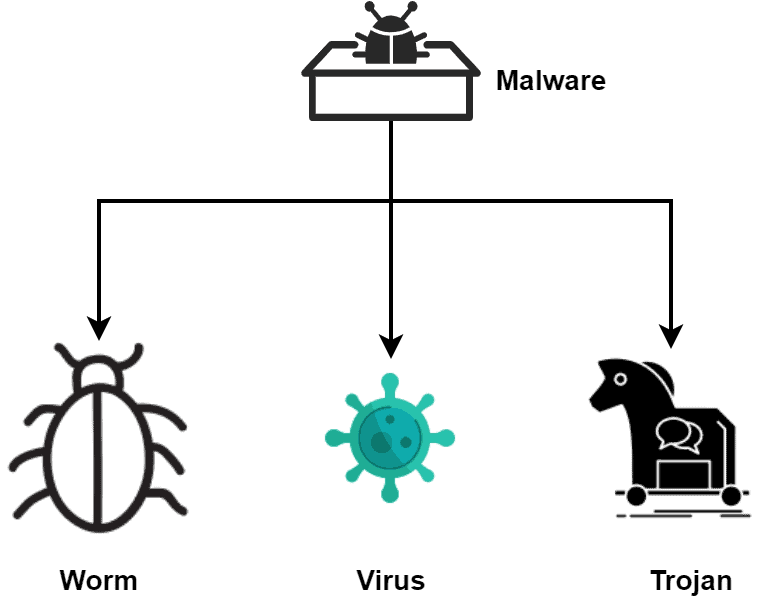



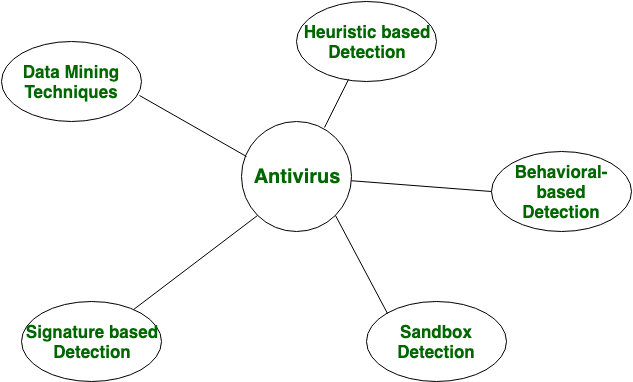



:max_bytes(150000):strip_icc()/AntivirusSoftware_152947-78fac56c6c0c483bab75982a6f7fd9f3.png)

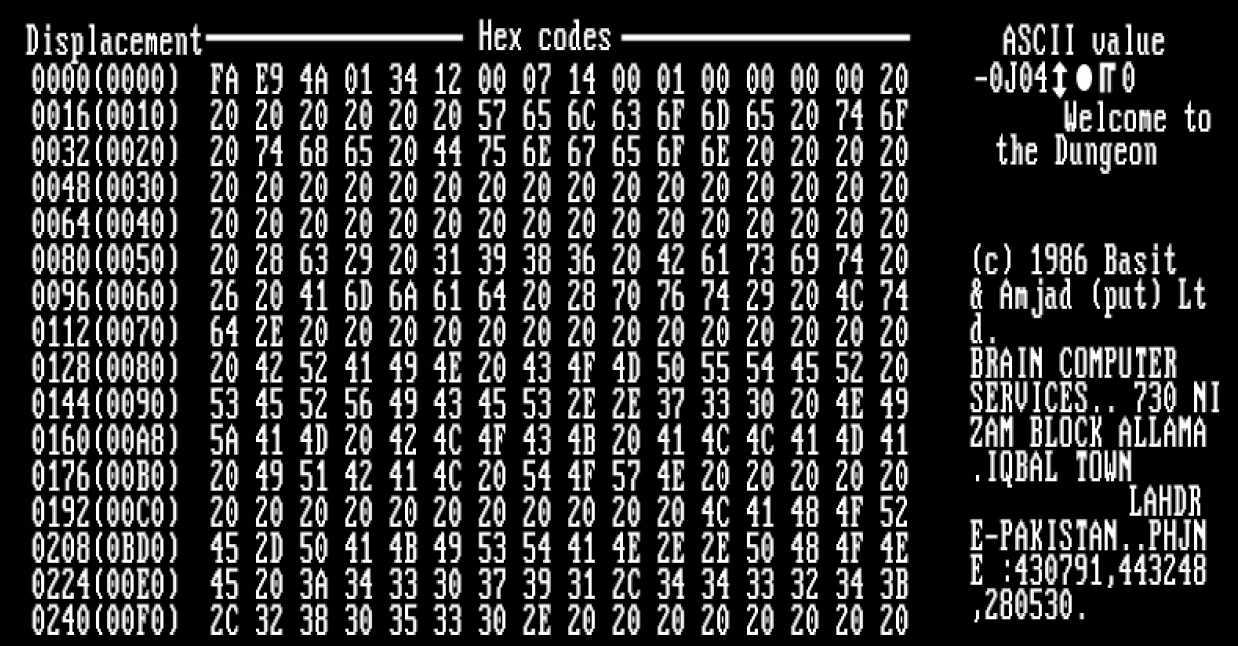
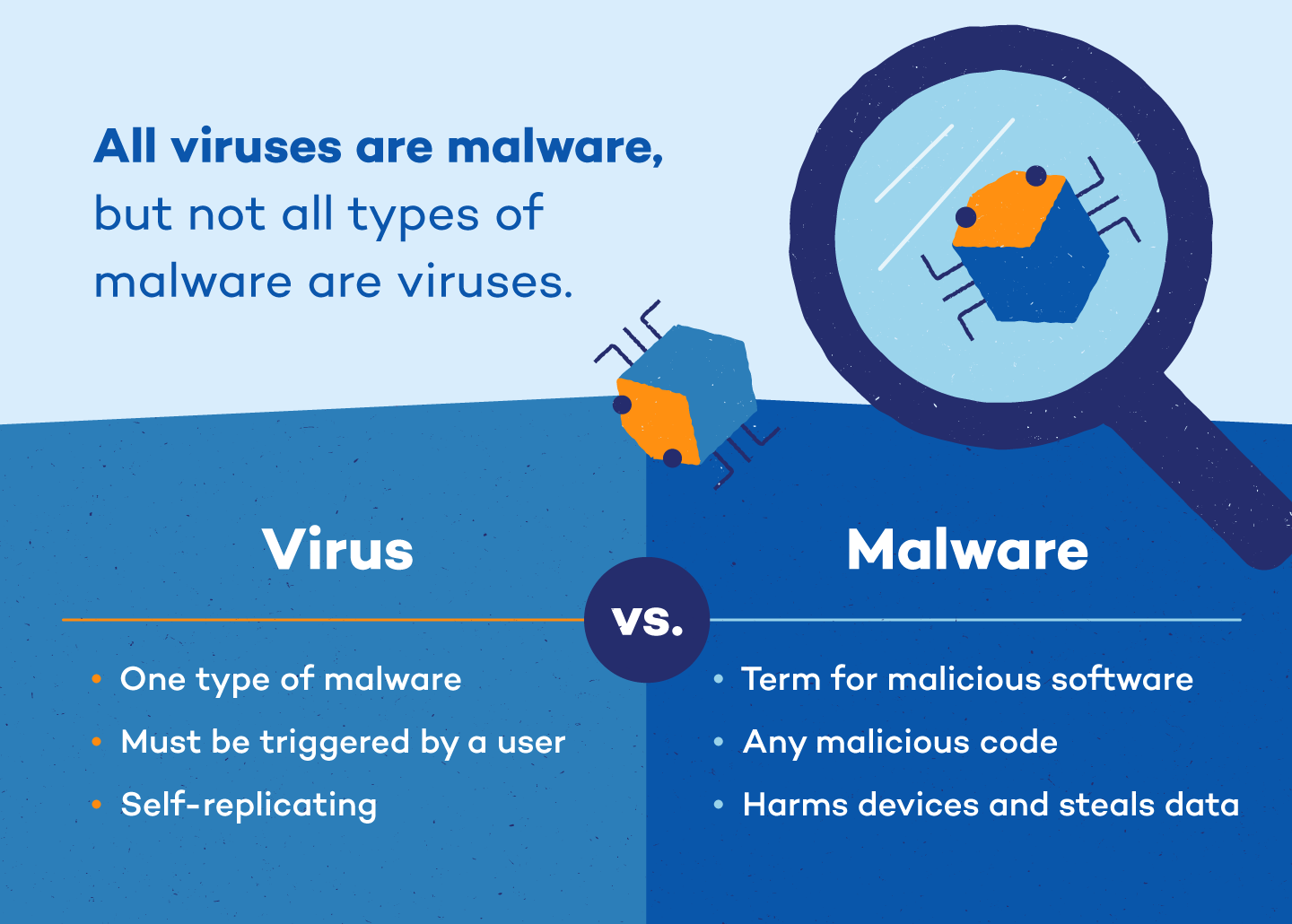
0 Response to "42 difference between virus and antivirus"
Post a Comment